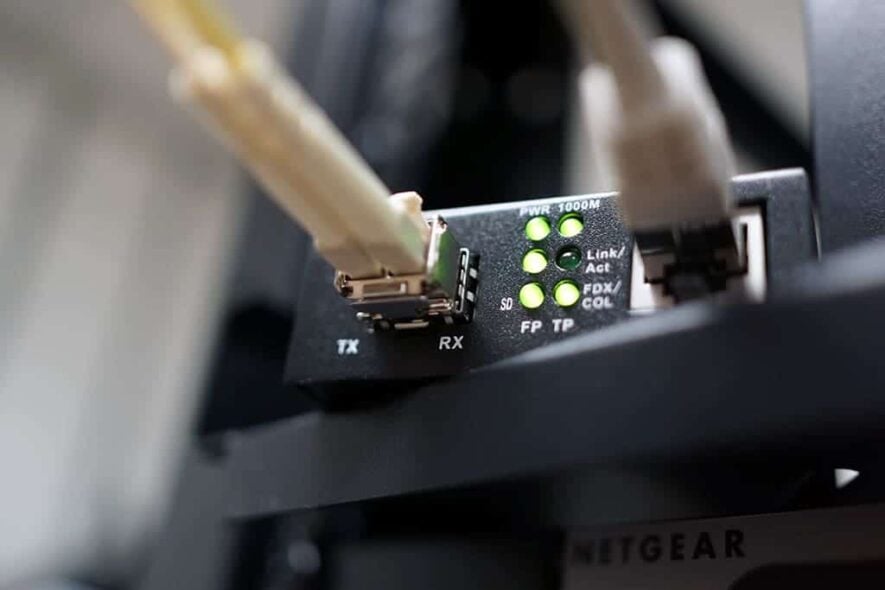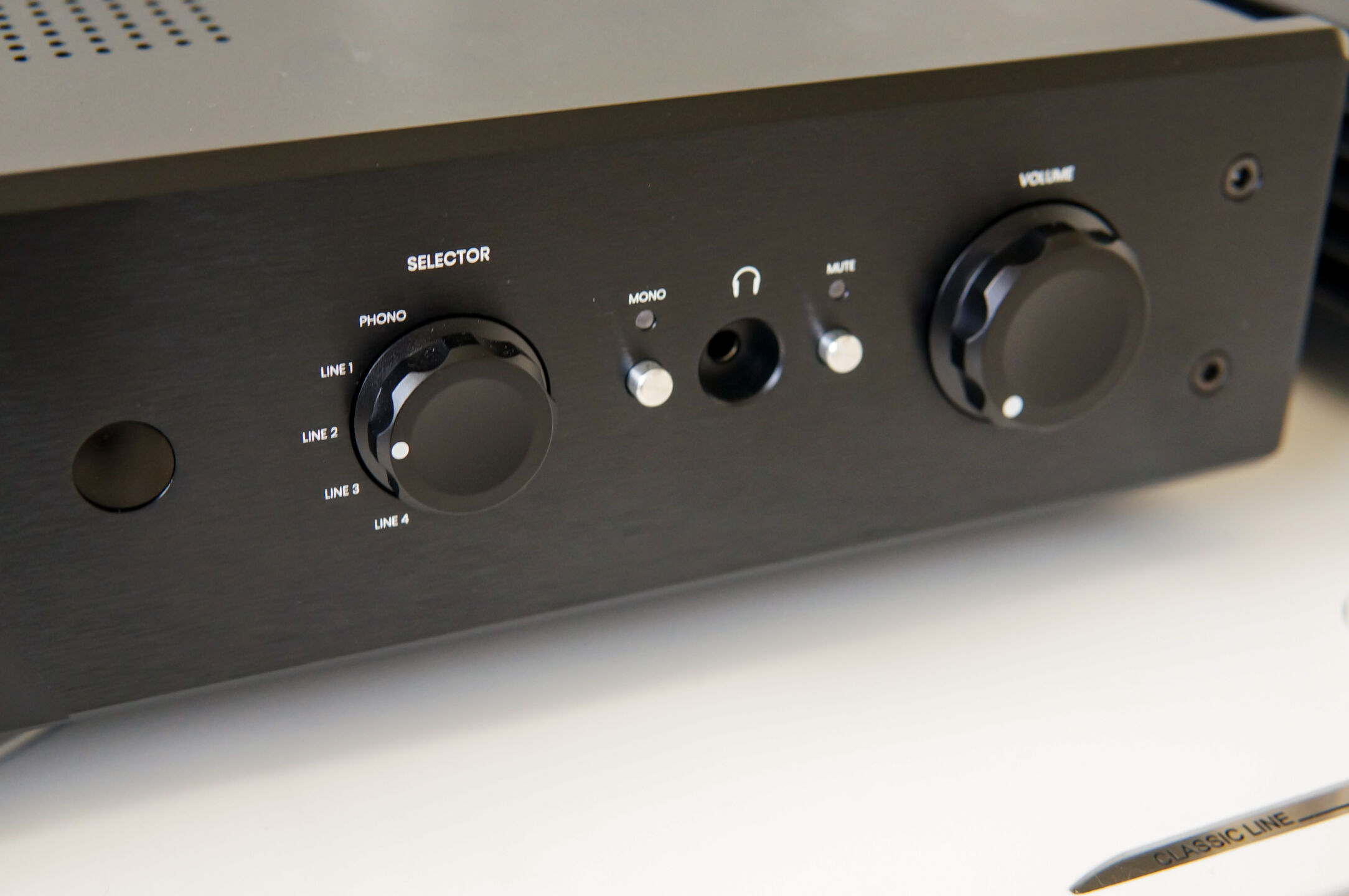

Vote by objecting
Contents
So it is perfectly reasonable for the industry, including the media, to be influenced by consumer opinion. But then again, how does that work? No doubt there are initiatives to involve consumers in shaping company policy such as focus groups, customer satisfaction surveys, ombudsmen/women or customer panels. However, these are often non-binding initiatives for a company that, while influential, can be pushed aside in decision-making.
A direct binding influence of consumers on the producers and media, as would be the case with consumer participation in companies, is virtually absent. Then consumers can exert influence mainly by “voting with objecting” (or not). By buying or not buying products and consulting or not consulting media, consumers do have influence. That certainly affects the commercial, technical and content policy of companies.
In that case, of course, consumers must be able to make well-informed decisions. That requires transparency, clarity. Both by manufacturers, importers and distributors and by the media. Let’s limit ourselves to the media.
What can consumers expect from the media?
A healthy starting point is that consumers should be able to get reliable information on all topics in which they have an interest. Since it is consumers who carry the industry in the long run, that can be a lot of topics. It is certainly conceivable that there are consumers who do not want that at all, but then those consumers determine that, not the companies in the HiFi industry.
As I argue in a previous article titled “Offering countervailing power in the HiFi Industry, Can It Be Done?” the media in this industry do not have the power. Despite the difficulty, consumers should still expect the media to report independently and truthfully and to show how they maintain those things.
Clarity
That means clarity, for example about:
- the media services for which manufacturers pay and how that is done (such as by providing insight into which providers advertise while reviews about them also appear, which providers advertise only when reviews are also published, and which providers advertise or sponsor without publishing reviews or tests about their products and services); (The Alpha Audio policy is in the Do’s and Dont‘s here)
- how controversies with providers are handled;
- the ownership relationships;
- which providers exert pressure and which do not;
- the relationship between subscription revenue and advertising revenue.
This kind of transparency can only work if media outlets have an industry-wide commitment to it. After all, no one alone will be transparent when competitors are not. Consumers should also expect such a common initiative from the press
Fortunately, we have enough journalists in the Dutch-speaking world who make careful and fair considerations and are transparent about them. Thus we regularly see that in reports of reviews and tests the reference equipment and the test procedure are shown. We have come a long way, but there is still work to be done.







